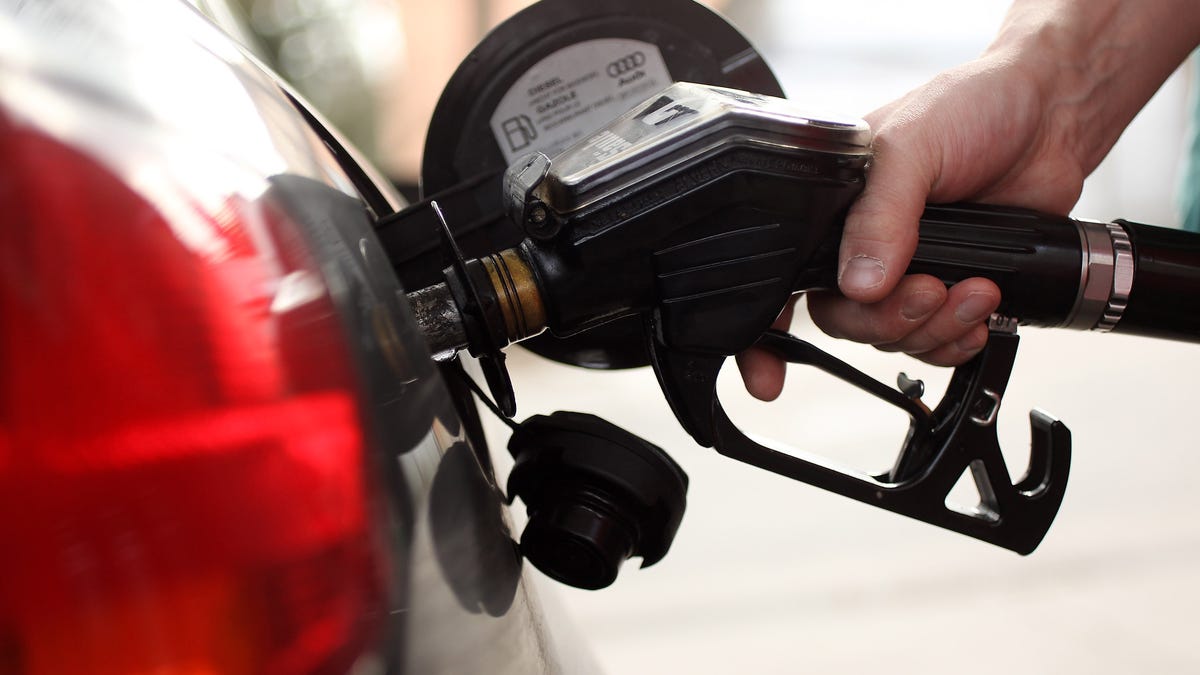NHTSA to Nearly Triple Fines for Carmakers Not Meeting Fuel Economy Standards
This big of a jump will likely raise the hackles of more than one automaker.

The government is cracking down hard on automakers that aren't meeting average fuel economy standards.
We're all reasonably familiar with the concept of fines. You don't return your library book on time? Fine. You pay your credit card bill late? Fine. You run a multinational automaker and sell cars that don't comply with federal fuel economy standards? Yep, fine again. And according to a report on Monday by Reuters, and confirmed by the National Highway Traffic Safety Administration in a statement (PDF), those fines are getting a lot steeper.
To understand why this is important, it's important to understand how these noncompliance fines are calculated. Let's say that Car Company X makes the Big Chungus 99000 XL SUV and it gets 10 mpg less than the government says it should, based on its Corporate Average Fuel Economy requirements. During the latter part of the Trump administration, the fee was set at $5.50 per 0.1 mpg over the limit multiplied by the number of vehicles sold. So if our 99000 XL was 10 mpg over and Big Chungus had a great year, selling 100,000 examples of this model, it would have owed the government $55 million.
Now though, NHTSA is reinstating fine increases that it proposed in 2016 and which President Donald Trump delayed. The fines are nearly being tripled, to $14 per 0.1 mpg, so our $55 million fine for Big Chungus gets bumped up to $140 million. Now, Car Company X is seriously considering ways to increase Big Chungus' average fuel economy.
What does this mean in the real world? According to Reuters, it could cost Stellantis -- parent company of Dodge , Ram and SRT -- as much as $572 million. But there are other effects too. The increase in fines is likely to boost the sales of compliance credits by EV manufacturers such as Tesla , making that company even more money.
It doesn't stop there, though. NHTSA is currently locking in its CAFE requirements for vehicles up through 2026, and word round the schoolyard is that it could be targeting an 8% bump in increased fuel economy per year, which would just compound the fines further.
For consumers, this is likely to mean a couple of things. First, your next new car will likely be a lot more fuel-efficient than your last one, which people should generally be in favor of, especially with gas as expensive as it is. Secondly, manufacturers of less efficient vehicles may try to pass the cost of those government fines onto the customer by raising the price of their models, which is unlikely to make customers happy.

